As the world slowly moves closer toward the Web 3.0 landscape, the Internet of Things is revolutionizing the business landscape tremendously.
With enterprises upgrading their tech stack to streamline every aspect of their work processes to modernize their IT infrastructure, CMOs should consider developing a modernized marketing tech stack that helps them to be agile in a highly competitive business environment.
B2B marketing teams are exploring leveraging the opportunities of Integrating IoT technology into their MarTech stack to improve the presales efficiency.
Even though embracing IoT can have a significant influence on marketing outcomes, integrating this technology can expose enterprises to a new set of challenges.
Here are a few challenges of the Internet of Things data in B2B Marketing:
Also Read: Three Ways CMOs can Leverage AI for Better ROI in the Post-COVID Landscape
Data privacy concerns
Enterprises generate a large volume of data as they embrace the fourth industrial revolution. Moreover, internet of things devices generates a huge volume of structured and unstructured data that can provide a tremendous amount of valuable insights. B2B businesses have access to sensitive client information, which increases the risks and concerns around it. Unauthorized access to such data can have devastating impacts on business operations because these threat actors can exploit this sensitive information. IT decision-makers need to implement robust privacy rules while gathering, storing, and processing sensitive business data. One of the significant challenges with implementing IoT in B2B marketing processes is that it might expose sensitive data to unauthorized users. CMOs should consider implementing stringent policies and tools to protect the client’s right to privacy, that has a threat by the internet of things challenges in B2B strategies. However, the marketing teams find it challenging to develop stringent privacy policies due to the lack of standardized privacy laws around the world. Non-adherence to the privacy laws due to IoT devices might have legal implications on the business. Such unhostile environments discourage the marketing operations from integrating the internet of things into the marketing tech stack.
Also Read: Why Should CIOs and CMOs Work Together to Drive Business Transformation
Risk of data breaches
Consumers’ right to privacy is not only a crucial task for CMO’s role; they also need to secure the data from breaches. Enterprises that integrate IoT devices in their marketing tech stack can expose the IT infrastructure to various threats and risks. Cybercriminals are looking out for IoT vulnerabilities that they can exploit to infiltrate the business network and get access to the organization’s sensitive marketing data. For businesses that have a bad model of risk management, legacy networks, and devices, integrating the internet of things can expose the enterprise to external threats such as machine phishing and other security risks. CMOs should consider working closely with the CISO to develop robust cybersecurity strategies to ensure a streamlined massive IoT adoption.
Difficult and expensive internet of things integrations
It is a very challenging task for businesses to revamp or upgrade their marketing tech stack. Businesses that aim to ensure seamless integration of the internet of things into the marketing tech stack need an efficient implementation strategy. CMOs should consider evaluating the capabilities of the marketing tech stack and look out for opportunities where they can leverage IoT devices. Moreover, implementing IoT systems into B2B marketing IT infrastructure that needs location-based interactions will require hardware and software-based tagging to ensure seamless integration. Businesses find it challenging to gather, store and process high data streams generated from different data sources. Organizations need to have robust IoT data gathering processes and data analytics tools to process information effectively. Additionally, the lack of skillful resources to leverage the internet of things in the B2B marketing workflows is one of the significant challenges in the mass adoption of this technology.

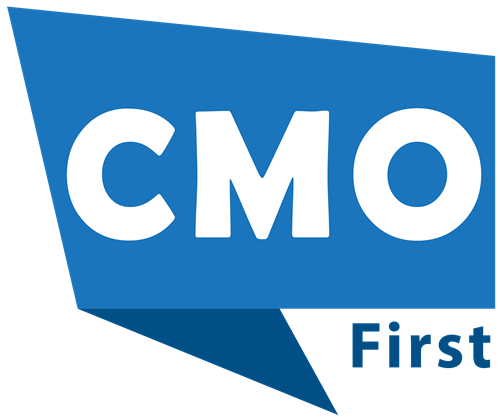











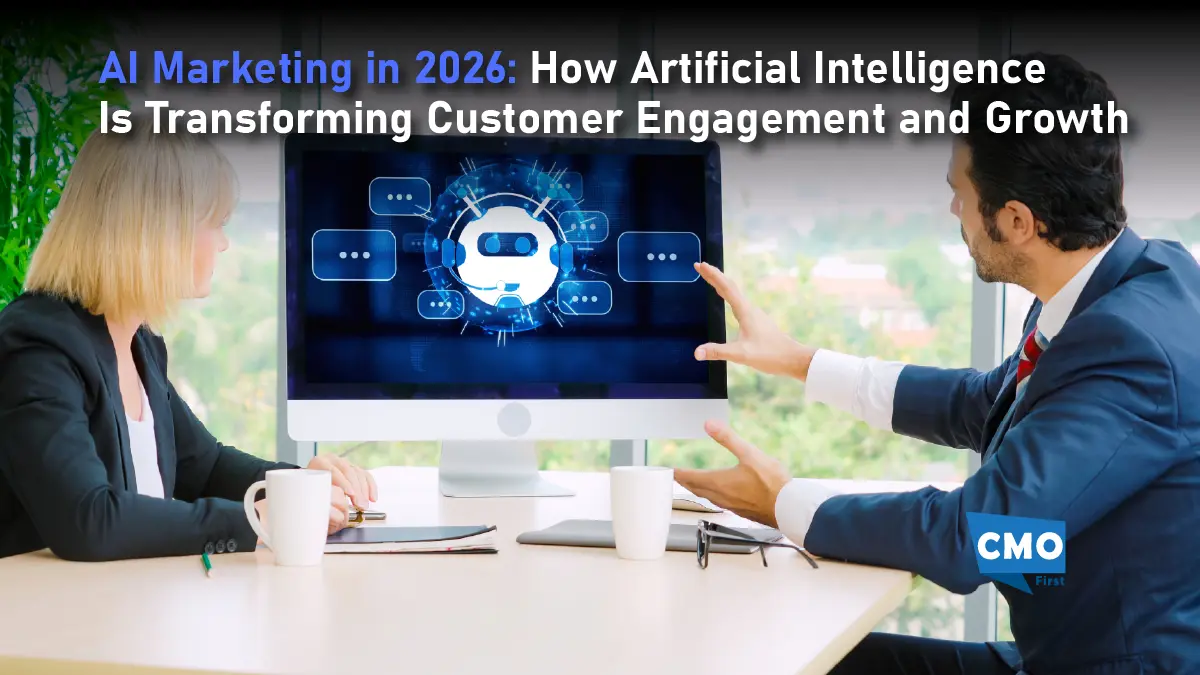
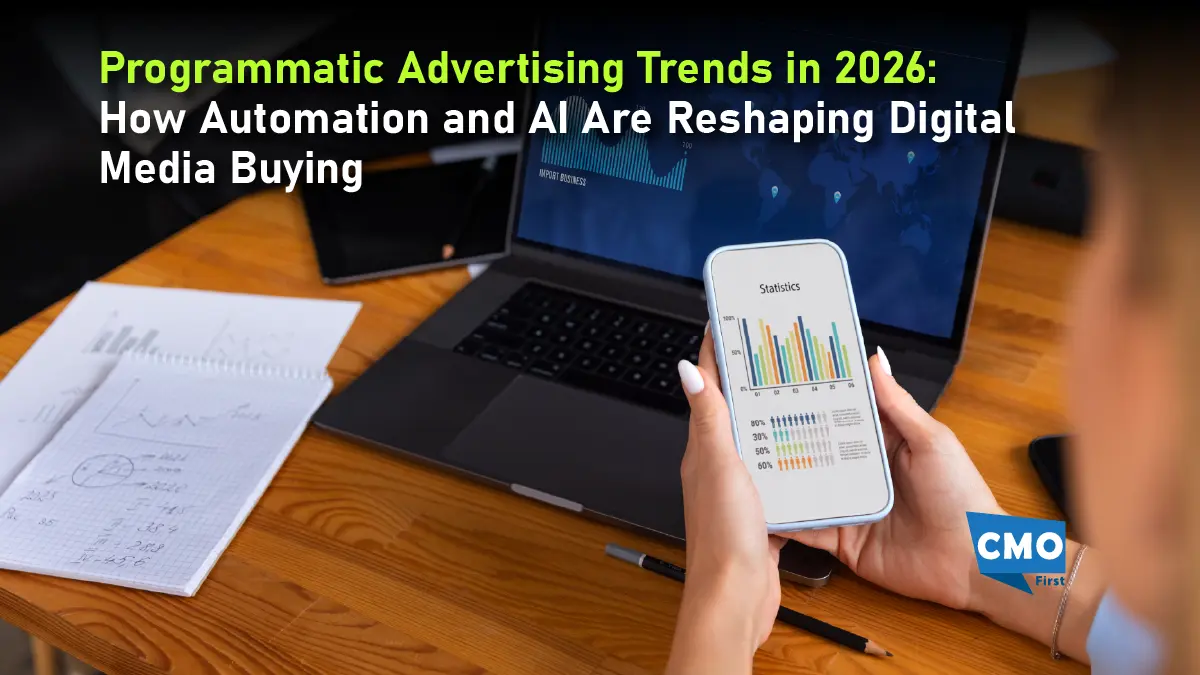

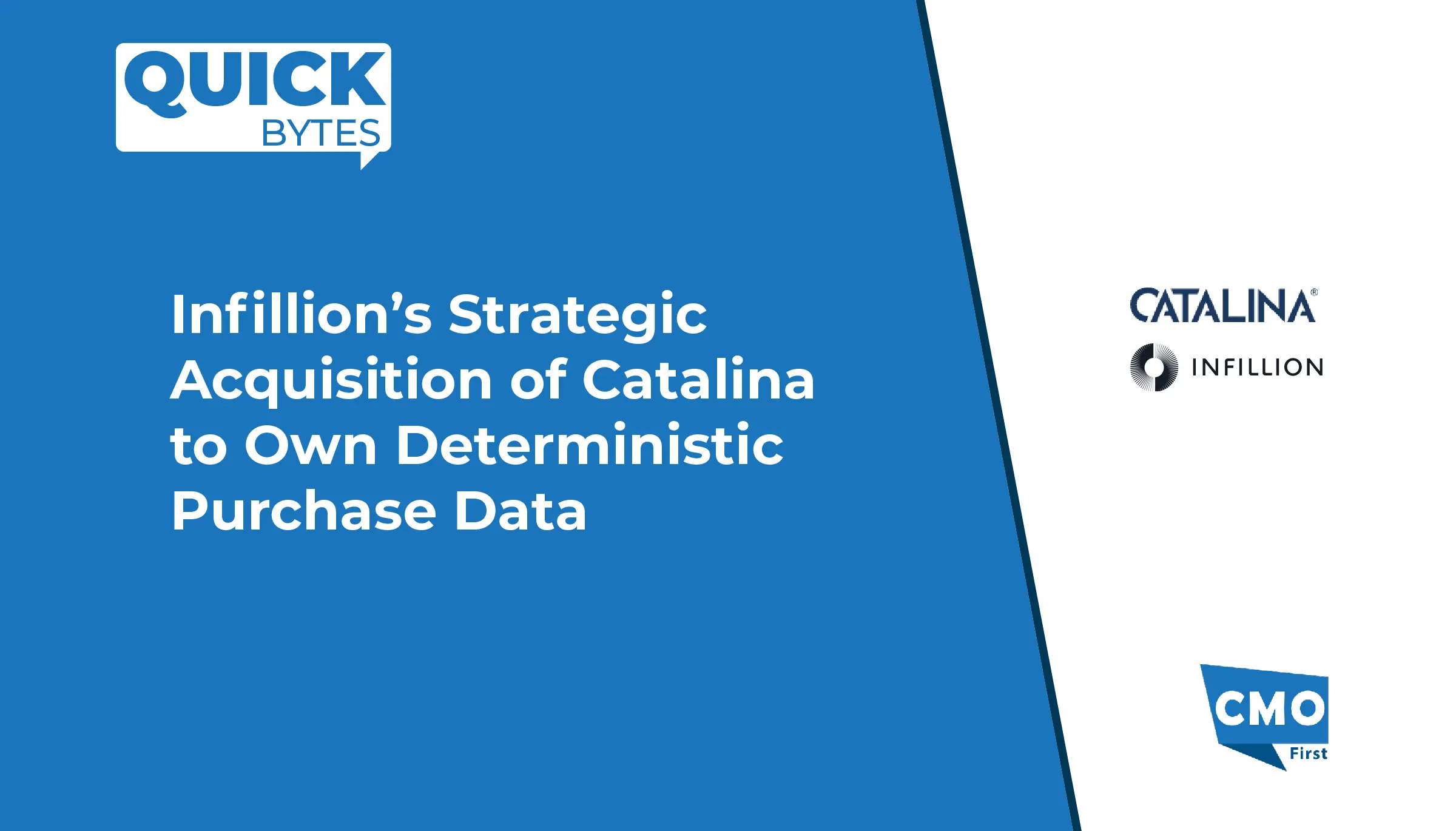


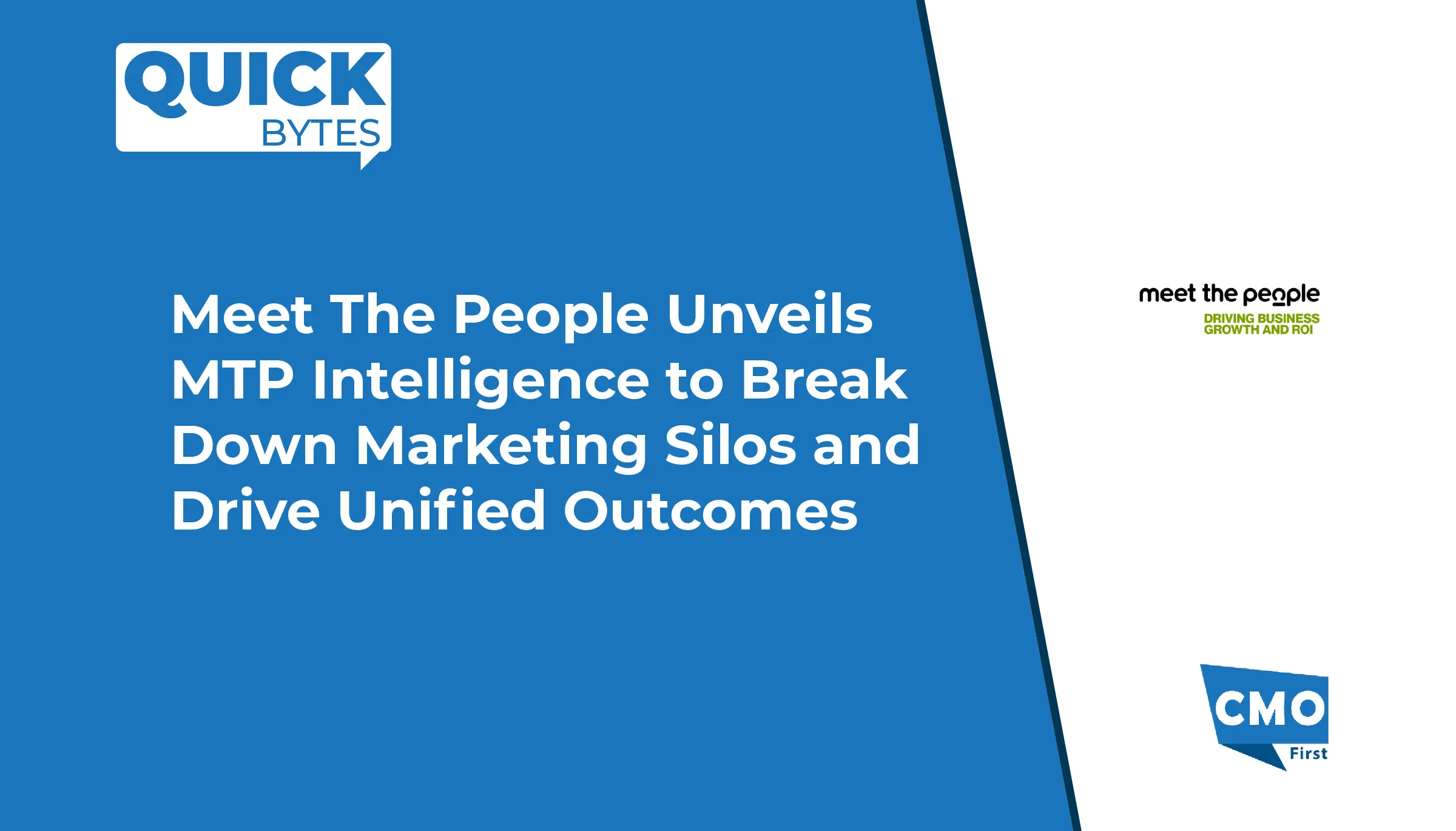
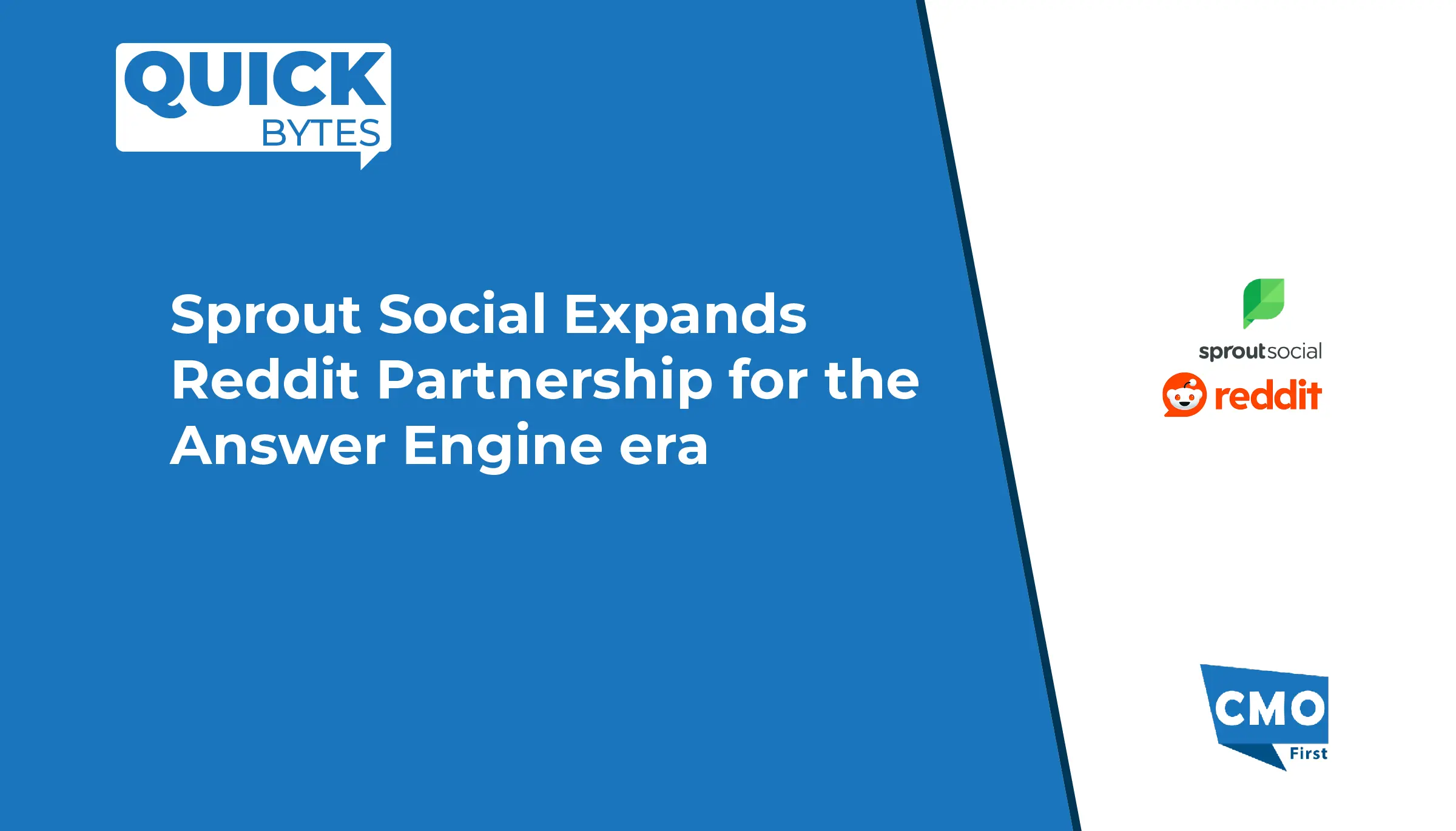
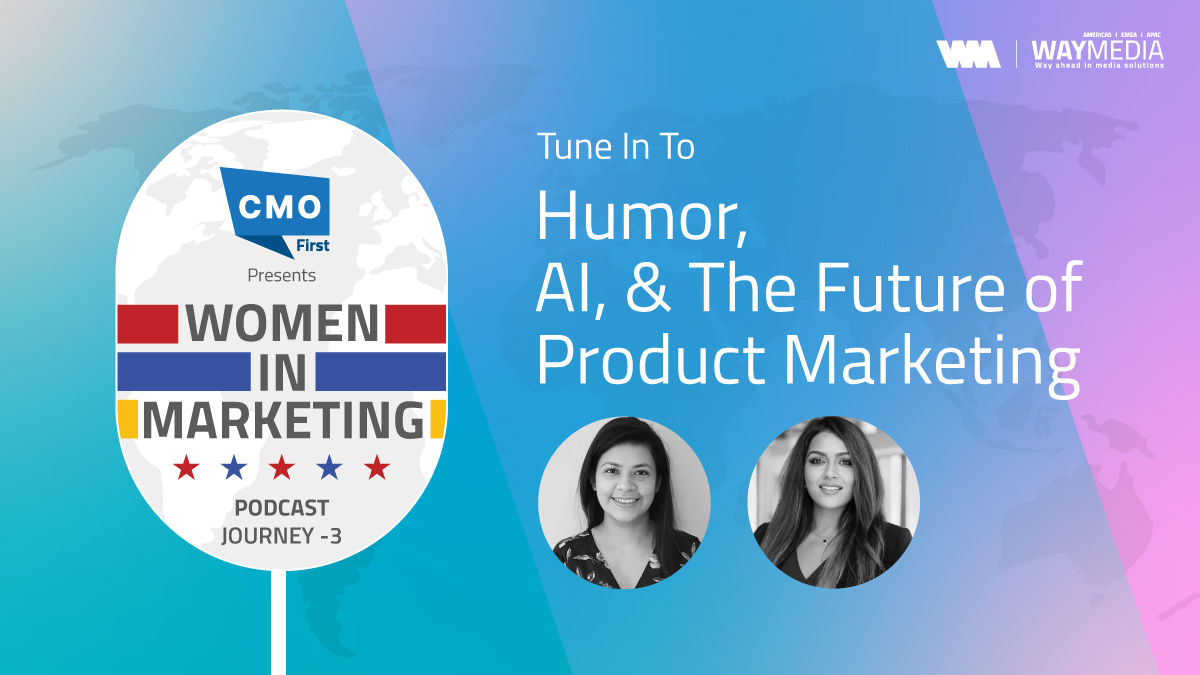



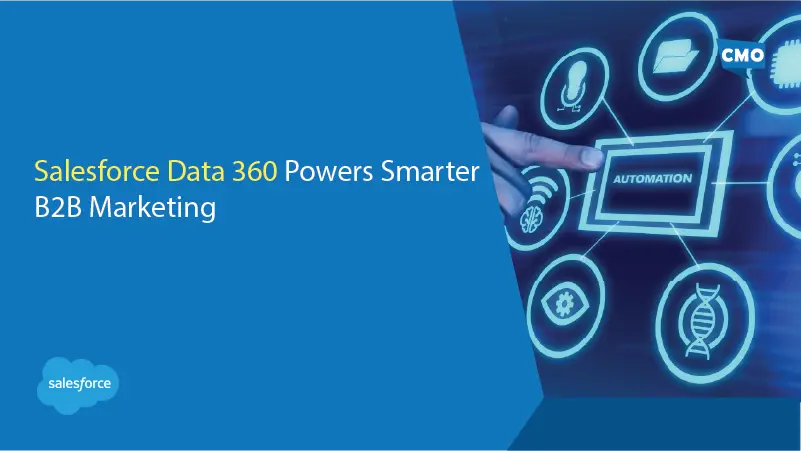

Leave a Reply